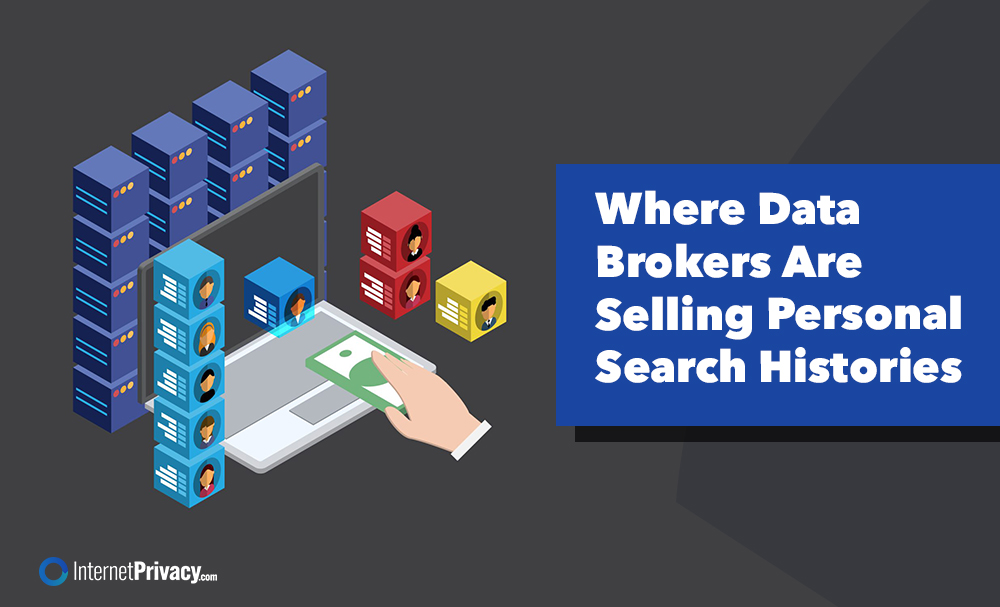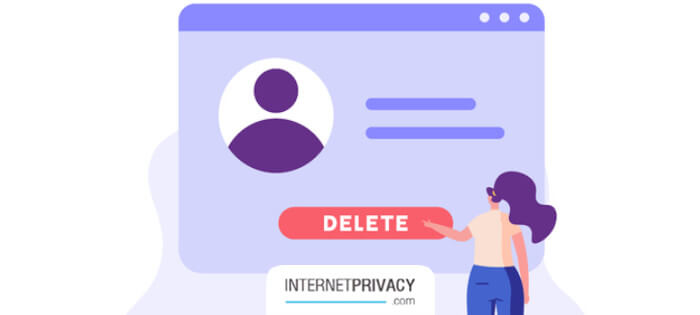Where Data Brokers Are Selling Personal Search Histories

Every search you make, every link you click, and every form you fill out online leaves a trail. Data brokers — companies that collect, package, and sell personal information — make their business out of following that trail.
These companies gather consumer data from public records, commercial sources, and online behavior, then sell it to advertisers, financial institutions, and sometimes less trustworthy buyers. Personal search histories are especially valuable because they reveal interests, habits, and even sensitive information such as health concerns or financial troubles.
Understanding the data broker industry is the first step toward protecting your data privacy and maintaining control over your consumer information.
What Are Data Brokers?
Data brokers are companies that collect information from hundreds of sources and combine it into detailed consumer profiles. These profiles can include:
- Search history
- Purchase history
- Social media activity
- Credit scores
- Property ownership and mortgage loan data
- Public records such as bankruptcy records, divorce records, marriage licenses, and birth certificates
Some of the largest data brokers — like Experian, Acxiom, and Equifax — operate globally, selling consumer data for marketing, risk mitigation, or even to government agencies and police officers for legitimate law enforcement and national security purposes.
Where Do Data Brokers Get This Information?
Data brokers collect information from a wide variety of sources, including:
- Public records: voter registration information, court records, motor vehicle records, census data, and home address registries
- Commercial sources: loyalty programs, online sweepstakes, subscription sign-ups, online quizzes, and purchase information from retailers
- Online activity: browsing history, social media app usage, and online purchases
- Data providers: other companies that sell consumer data directly to them
Much of this data collection is enabled through the fine print in privacy policies that most people agree to without reading. Some information is gathered without a direct relationship with the consumer — meaning you may never know it’s happening. This extensive information collected allows data brokers to create consumer profiles containing hundreds of millions of data points about individuals.
How Do Data Brokers Use and Sell Personal Search Histories?
Personal search histories are valuable because they reveal what people are thinking about or planning to do. Data brokers sell this information to:
- Advertisers for targeted marketing campaigns
- Financial institutions assess potential customers or credit risk
- Private companies for market research and purchasing habit analysis
- People search sites that make personal information readily available
For example, if your search history shows frequent visits to mortgage loan calculators, you may be placed in a segment marketed for home-buying services. If you search for health conditions, your profile could be sold to companies targeting medical products. Data brokers also use this detailed information to support risk mitigation efforts by lenders and insurers.
Risks of Data Brokers Selling Your Search History
While some data broker activity is legal under federal law, like the Fair Credit Reporting Act, the risks to consumer privacy are significant:
- Identity theft from data breaches exposes sensitive information
- Targeted scams use detailed personal data to create believable phishing attempts
- Unwanted profiling based on purchasing habits or online behavior
- Loss of control over where your personal information ends up
The more data points brokers gather, the easier it is to match them to you. Once sold, this data can be resold many times over, increasing the risk of misuse.
Are Data Brokers Legal?
Generally speaking, data brokers are legal in the U.S., but laws vary by state. The Federal Trade Commission oversees the industry, but current regulations leave gaps:
- GDPR in the European Union requires explicit consent before companies can collect or sell personal data.
- CCPA in California gives residents the right to see what’s collected and opt out of sales.
- Most U.S. states have no laws requiring data brokers to notify you that your data has been collected.
The Fair Credit Reporting Act also applies to data brokers when they sell certain types of sensitive personal data for legitimate purposes, such as mortgage loan approvals or credit decisions.
Can You Stop Data Brokers?
You can’t stop the data broker industry entirely, but you can make it harder for them to collect and sell your personal information. Some consumers choose to pay private companies that specialize in removing personal information from data broker databases.
How to Protect Your Search History from Data Brokers
- Read the fine print before agreeing to the terms of service or privacy policies.
- Use privacy tools like VPNs to hide your IP address and browsing activity.
- Opt out of data sales through major data broker companies (many states require them to honor opt-out requests).
- Limit what you share online — avoid unnecessary sign-ups, online quizzes, or sweepstakes.
- Regularly clear cookies and tracking data from your devices.
Tools and Services That Can Help
- Data removal services like DeleteMe can request removal from hundreds of data brokerage companies.
- Privacy-focused search engines that don’t track activity can reduce the amount of data collected in the first place.
- Encrypted browsers and privacy settings in Google Search Console help minimize the amount of data stored.
Bottom Line
Data brokers gather massive amounts of personal information from public, commercial, and online sources — including your search history. They use it to create detailed consumer profiles, then sell them to advertisers, private companies, government agencies, and other brokers.
You can’t erase the data broker industry, but you can take steps to protect your online privacy and make it harder for them to profit from your personal information. InternetPrivacy’s internet privacy services help identify where your data is being sold, request its removal from major data brokers, and put safeguards in place to reduce future collection.





